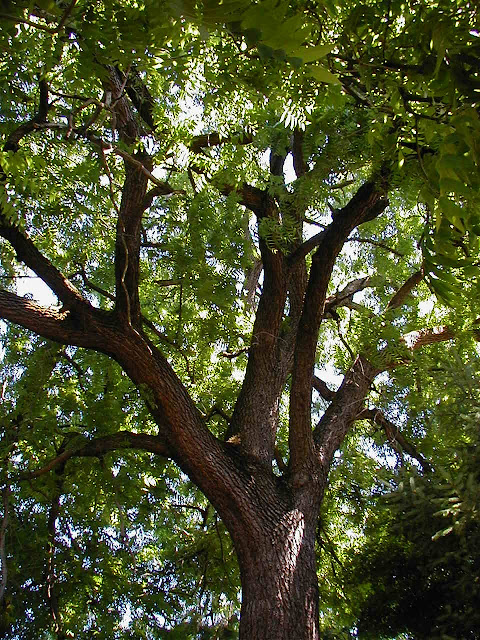British Traditional Wicca
 |
| Pentacle. Photo credit: Public domain, Wikimedia. |
Note: This information is based on my understanding and research done at the time of original publication which has been several years. Please feel free to leave your thoughts in the comments. The closest I've come to working with a traditional Wiccan coven is a Georgian Wiccan group. They were great people, though I decided this wasn't the path for me.
********************
British Traditional Wicca or BTW as it is commonly shortened to is a term that refers to branches of the Neo-Pagan religion Wicca that have origins in the New Forest area of England.
Origins of Wicca
Wicca is a nature-based, mystery religion that combines ancient and modern spiritual concepts. Gerald Gardner, a former British civil servant and folklorist, is credited with bringing Wicca to the public eye in the 1950s with publication of his book Witchcraft Today. He claimed to have been initiated into a coven of witches practicing an ancient strand of witchcraft in England. This group came to be known as the New Forest Coven.
Gardner later formed his own coven. More recent scholarship indicates that he may have pieced together parts taken from ceremonial magic with folk beliefs and practices from around the world as well as from the New Forest group to form the foundations of modern Wicca.
Traditional and Eclectic Wicca
Wicca has grown exponentially since Gardner began initiating coveners in the 1950s. His brand of the craft is called Gardnerian Wicca, which includes a three-degree initiation system with set tenets and beliefs to be adhered to. That is not to say that Gardnerians have no autonomy, but there is pride taken in traditions handed down from coven to coven. Each group has oath-bound material available only to coven members of the appropriate degree.
Offshoots of Gardnerian Wicca began to appear, namely Alexandrian Wicca founded by Alex Sanders, that started to develop their own lineage of covens. British author Raymond Buckland is known as the father of American Wicca. He was of Gardnerian lineage and later devised his own tradition called Seax-Wica. Lineage is one major aspect of delineation between traditional and eclectic Wicca. Eclectic Wicca is usually defined as not having a traceable line back to the New Forest area as well as having a tendency to incorporate beliefs and practices outside of Wicca and that may or may not include an initiation system.
Lines between BTW and BTW-influenced Wicca have become blurred as other groups such as Georgian Wicca founded by George Patterson in California also have an initiatory, oath-bound tradition. Strictly speaking, they are not BTW but do share a common thread of appreciation with the more traditional aspects of Wicca as opposed to religious and spiritual practice derived from books prevalent over the last several decades.
The Reason for the BTW Distinction
From my understanding, the term British Traditional Wicca is used mainly outside of Britain. In England, the religion is identified as Wicca, the Craft, or by other identifiers such as Gardnerian or Alexandrian. The distinction is needed more in the United States where hundreds of eclectic covens with various affiliations have sprung up over the latter part of the 20th century which may have vastly different practices from traditional Wicca.
Source consulted:
- Hutton, Ronald. The Triumph of the Moon: A History of Modern Pagan Witchcraft. Oxford University Press. 1999.
© Trish Deneen



Comments
Post a Comment